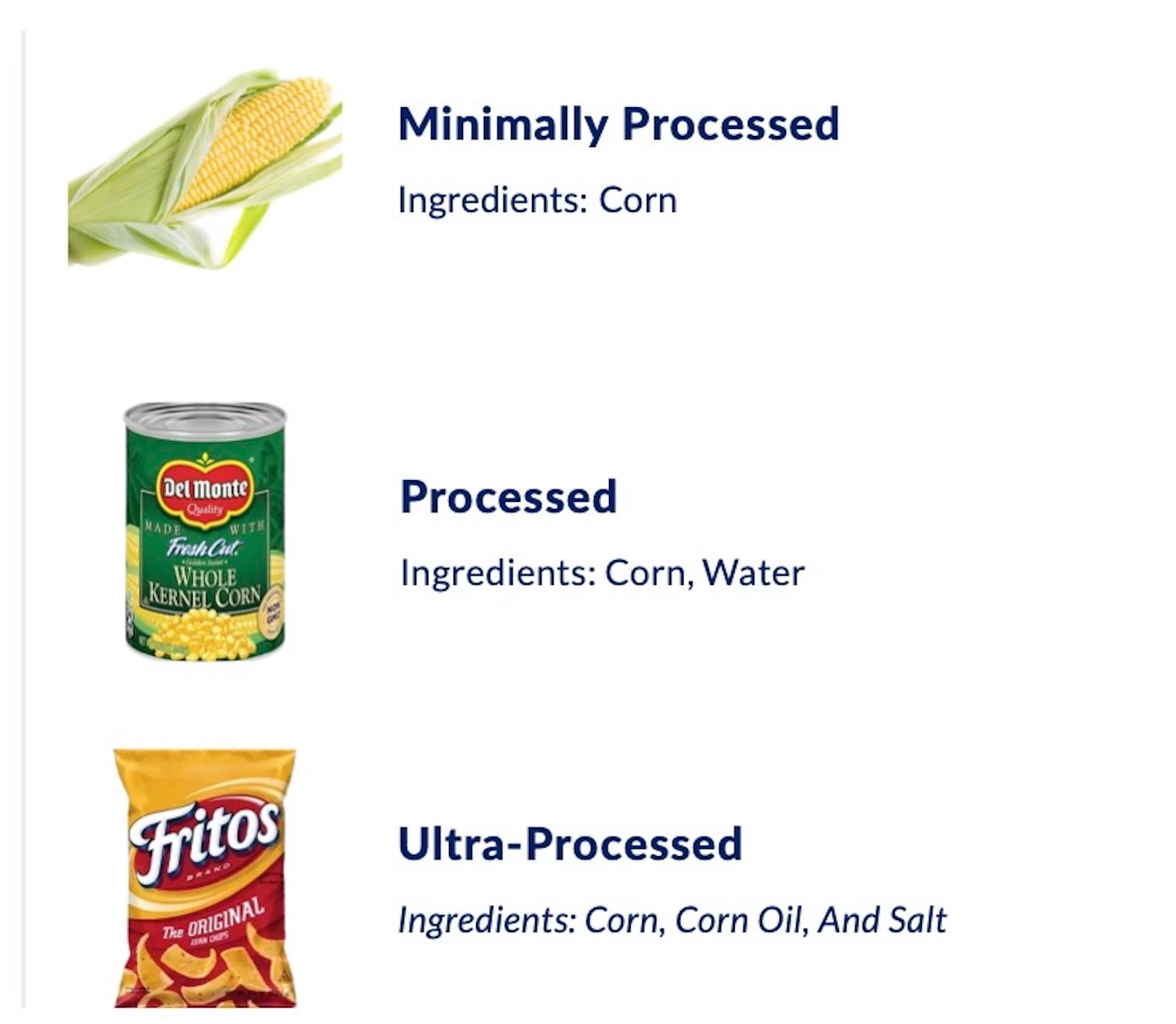3 Ways to Support Your Gut Health
NUTRITION COACHING FROM YOUR REGISTERED DIETITIAN NUTRITIONIST HERE IN BOSTON’S BACK BAY
There are some questionable recommendations out there regarding gut health. Most involve protocol, juices, or the fear that you’re most definitely doing something wrong.
The truth is that the microbiome is a new frontier of science, and scientists are still discovering how these trillions of bacteria influence our digestive system, immune system, brain, and entire body. What we do know is that digestion and these bacteria are a collective, pivotal part of our health. They should be prioritized! But it doesn’t have to be complicated.
Enter: my “3 Ps” of Gut Health. You don’t need celery juice, a cleanse, or supplements. You need concrete ways, which you can build upon over time, to keep your bacteria happy and your guts healthy.
“3 Ps” of Gut Health
Eat a Variety of Plants
Limit Ultra-Processed Foods
Incorporate Probiotic Foods
Eat a Variety of Plants
Our bacteria flourish on the fibers from plants: fruits, vegetables, whole grains, nuts, seeds, and herbs. In a low-fiber, nutrient-poor diet, the bacteria can turn to our own digestive lining for nutrients. Over time, this environment can contribute to or exacerbate conditions like irritable bowel syndrome (IBS) or perceived food sensitivities.
Don’t let this scare you.
Start by including at least 1 fruit or vegetable at each meal. Already there? Make “color” half of your plate - about two fistfuls - and bring it into snacks, too. Over time, increasing variety is the next step to eating the many different fibers and nutrients your bacteria need. Need a resource? Use my 30 Plants Challenge and food list.
Limit Ultra-Processed Foods
The Standard American Diet (SAD!) is the low-fiber, nutrient-poor diet described above. It’s typically filled with ultra-processed foods such as ready-to-eat/frozen meals, instant sauces, packaged desserts, processed meats, and sweetened beverages.
The problem here isn’t necessarily one specific ingredient (e.g. fat, salt, sugar) or consuming them in moderation. The problem seems to be the entire combination of these ingredients into ultra-processed items that are essentially pre-digested and consumed frequently. Think about a potato chip or a fast-food meal. Do you have to do much work to chew and begin digesting either one?
In animal studies, these foods are shown to disrupt the protective intestinal lining and are associated with inflammation and metabolic syndrome. One of the single best things we can do for gut and overall health is limit these ultra-processed items.
Start by replacing one ultra-processed item in your diet. From chips to whole grain crackers; from sweetened, dried cranberries to raisins; from flavored oatmeal to plain with fruit banana. Little things add up.
Levels of Processing
An example of minimally processed, processed, and ultra-processed foods. Limiting consumption of ultra-processed foods is one way to support gut health.
Incorporate Probiotic Foods
“Should I take a probiotic?” is one of the most common questions I’m asked, especially when patients are troubleshooting their digestion. “It depends,” is always my answer.
Probiotics are live strains of bacteria. Specific strains have been isolated into pills and powders, and they’re typically marketed as The Key to wellness. Some strains are beneficial and can target issues like constipation, but they’re not one-size-fits-all and can make certain conditions (like small intestinal bacterial overgrowth / SIBO) even worse.
Forget the pharmacy; probiotics are found in fermented foods! As a long-term approach to maintaining a healthy gut lining, adding probiotic food sources is ideal. Fermented foods will introduce beneficial bacteria to your system and have been shown to support microbiome diversity and lower inflammation.
Start by adding one probiotic food into your week. Refrigerated: Yogurt, kimchi, miso, tempeh, sauerkraut, pickles, kefir, and kombucha are excellent options. Be mindful of added sugars and other ingredients that will push you into the processed- or ultra-processed category.
Additional Resources
Looking for more? Download my 30 Plants Challenge worksheet and food list to start working on your plant variety.
Want to personalize these practices? Schedule a session with me here.
Want alerts for future posts, workshops, and Back Bay Health happenings? Sign up for our newsletter here.

